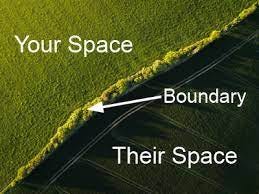Love craft
My teaching practice has evolved quite a bit over the years. At this point, I know a lot about writing—way more than I can pull off myself in my own work—and I can legitimately offer ideas, solutions, and references to my students. It took me years to understand and the be able to explain how fiction works, but I felt compelled to learn everything I could and to figure out how to articulate craft. I believed it was what I was duty bound to offer if I were to teach. Good writers are not automatically good teachers of writing; it’s possible to be adept without knowing how to say what one did. I used to think teachers who didn’t know how craft worked were irresponsible. Now I believe that there are ways of transmitting knowledge that go beyond explanation, and I have found that having a certain feeling for my students is as valuable as showing them what to do. That feeling is love.
Agape, I suppose, would be a better way to put it. It’s a capacious non-transactional feeling that becomes a form of support that is supple and adaptable to each person. It very much depends on boundaries, explicitly knowing where mine ends and another person’s begins. I can move up to the very edge of what is myself and my knowledge and meet someone there, and somehow that offers them an awareness of how much space is available to them, how free they are to mess around and make mistakes, how okay it is if they do. Once a student lets go of self-judging their progress can be swift. A good teacher can offer them this lesson by being the embodiment of non-judgement, and inviting the student to mimc that approach. This doesn’t mean false praise, or steering clear of criticism. It means creating a context that is secure and where praise and criticism are not the main event. This is what I think about now when I walk into a classroom.
I did an interview about Fellowship Point this week during which I was asked a wonderful question relating to the ideas about land stewardship I wrote about in my book. I am paraphrasing here, but the question had to do with the sense of stewardship I felt toward the book itself while I was writing it. I didn’t say this in the moment, but after some thought I can relate the feeling I have toward writing now with the sense of agape I feel toward my students. Again, the sense of a boundary is the locus of creativity. I walk up to the edge of the page, and there it talks to me. I love thinking of approaching the novel I am writing now with an attitude of enlightened stewardship. Doesn’t that feel calm? All the drama can go to the page.
Some links. A personal West Village by Sloane Crosley, a trend proposal by my former student Zoe Dubno, a quick recipe, and a meditation on the bittersweet from the Marginalian



